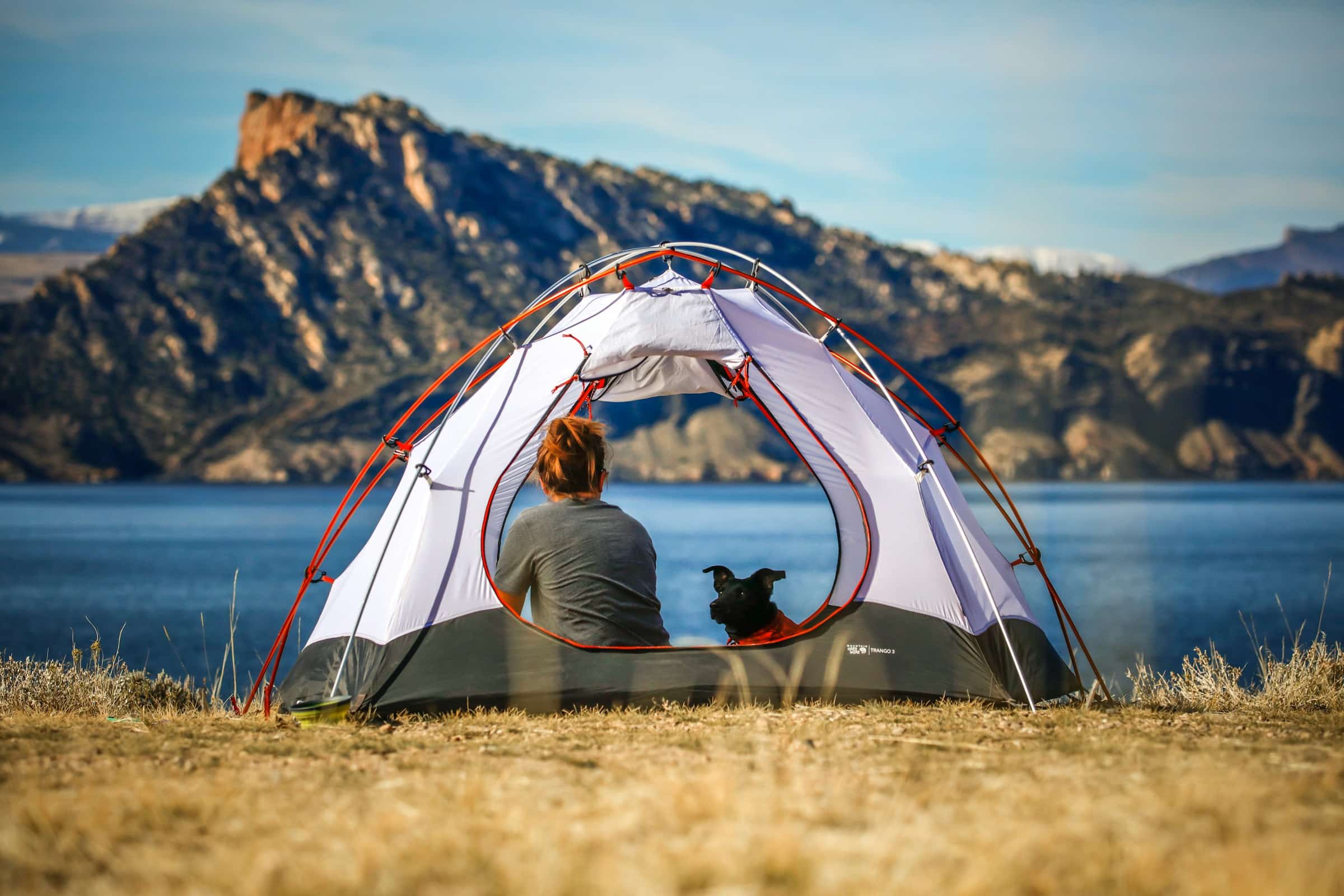
What are the rules for bringing pets to campsites in the UK?
Camping with your furry friend can be a great way to spend a holiday. It's an opportunity for both of you to enjoy the great outdoors and make lasting memories. However, it’s crucial to understand that bringing pets, be it a dog or cat, to a campsite isn't as simple as throwing their bed into the back of the campervan. There are rules and regulations that govern pet-friendly camping in the UK. This article aims to provide comprehensive information about these guidelines. It explores the best campsites for pets, how to keep your pet safe and content during the camping holiday, and the role of owners in ensuring a smooth stay.
Understanding the Rules for Bringing Pets to Campsites
Before you hit the road with your pet, it’s vital to familiarize yourselves with the rules and guidelines associated with pet-friendly camping. These rules are designed to ensure the safety and comfort of your pets, yourselves, and other campers.
Dans le meme genre : What tips can you provide for solo campers in the UK?
In the UK, most campsites are generally welcoming to pets, especially dogs. However, you should always check with the campsite in advance, as there may be specific rules and limitations. For example, some sites might restrict the number of dogs you can bring, while others may require that dogs are kept on a lead at all times. Specific breeds may also be prohibited at certain campsites.
Remember, it's not just about the rules at the campsite. There are also legal obligations for pet owners in the UK. Dogs, for example, must be microchipped and wear a collar with the owner's name and address when in a public place.
A lire aussi : How to find and book budget-friendly campsites in the UK?
Choosing The Best Pet-Friendly Campsites
Selecting a campsite is an essential part of your holiday preparations. It's not enough to pick any place with the tag 'pet-friendly'. You will need to consider various factors to ensure the campsite is genuinely suitable for your furry friend.
The best pet-friendly campsites will provide amenities such as doggy waste bins and dedicated areas for pets to play and exercise. They will typically be located in areas with access to pet-friendly walks and attractions.
Consider factors such as proximity to a vet in case of an emergency, availability of fresh water for pets, and whether the site has secure fencing to keep your pet from wandering off. Research online, read reviews, and don’t hesitate to call the campsite directly to ask questions about their pet policies and facilities.
Preparing Your Pet for the Camping Holiday
Travelling and staying in a new environment can be stressful for pets. Therefore, adequately preparing them before the trip is crucial to ensure they have a pleasant holiday.
Firstly, ensure your pet is in good health before the trip. If your pet has any ongoing health issues or is not used to travelling, it might be best to leave them with a trusted friend or family member or at a professional pet boarding facility.
Also, ensure your pet is well-behaved and able to follow basic commands. This will be useful in maintaining control, especially in a potentially busy and unfamiliar environment.
Remember to pack all the necessary items your pet might need during the camping holiday. This includes food, water, bedding, leash, toys, and any regular medication.
The Role of Pet Owners at The Campsite
Pets are generally a joy to have around, but they can cause distress for other campers if not managed correctly. As a pet owner, you have a responsibility to ensure your pet behaves appropriately.
Always keep a close eye on your pet. Never leave them unattended as they could cause a nuisance to other campers or potentially harm local wildlife.
Cleaning up after your pet is also a must. This includes picking up pet waste and ensuring your pet doesn't damage or interfere with the campsite facilities or natural environment.
Following these rules and guidelines will ensure you and your pet have a memorable camping experience. Remember, a well-behaved pet reflects positively on its owner and helps to keep campsites open and welcoming to pet-owning campers in the future.
Cautions for Wild Camping with Pets
Wild camping, or camping in the wilderness outside of designated campsites, carries a unique set of challenges when involving pets. The freedom of wild camping may seem exciting, but for dog owners, it requires extra preparation and vigilance to ensure the safety and well-being of their four-legged friends.
Firstly, it's important to note that wild camping is not legal everywhere in the UK. Scotland's right to roam laws allows for wild camping, but in England, Wales, and Northern Ireland, landowner's permission is required. Therefore, dog-friendly wild camping requires more research to find a suitable location.
When wild camping with your dog, it is of utmost importance to keep your dog under control at all times. There are no fences to keep your dog from wandering off in the wilderness, and potential hazards like rivers, cliffs, and wild animals are more prevalent. Your dog's recall needs to be excellent, and in some instances, a long line might be necessary for their safety.
Additionally, food and water provisions are critical when wild camping. Unlike at a friendly campsite, there might not be any available clean water sources, so remember to bring enough for both you and your pet. Also, pack sufficient food for your furry friend and don't forget to bring a portable dog bowl.
Lastly, be mindful of the environment. Ensure you leave no trace, including picking up after your pet. Stick to the paths to protect the local flora and fauna and follow the countryside code.
Conclusion: Making the Most of Your Camping Trip with Your Pet
Camping with your pet is an exciting experience that can strengthen your bond and offer new adventures. Whether you choose a pet-friendly campsite or opt for wild camping, keeping your dog safe, happy and well-behaved is key.
Before embarking on your camping trip, do thorough research on the rules and regulations related to camping dogs in your chosen location. Be aware of your legal obligations as a dog owner, and make sure your pet is prepared and comfortable with the travel and camping arrangements.
Choosing a suitable dog-friendly location, like a caravan park in the South East or a wild camping spot in the Peak District, is crucial. These locations should ideally provide access to pet-friendly walks, attractions, and necessary amenities like a nearby vet and clean water.
Remember your duties as a dog owner at the campsite. This includes keeping your dog under control, cleaning up after them, and preventing them from disturbing other campers or harming the local wildlife.
With careful planning and the right approach, your camping trip can be a wonderful experience for you and your furry friend. And by following the rules and being respectful of the environment and other campers, you're helping ensure campsites remain welcoming to pets in the future. Happy camping!
